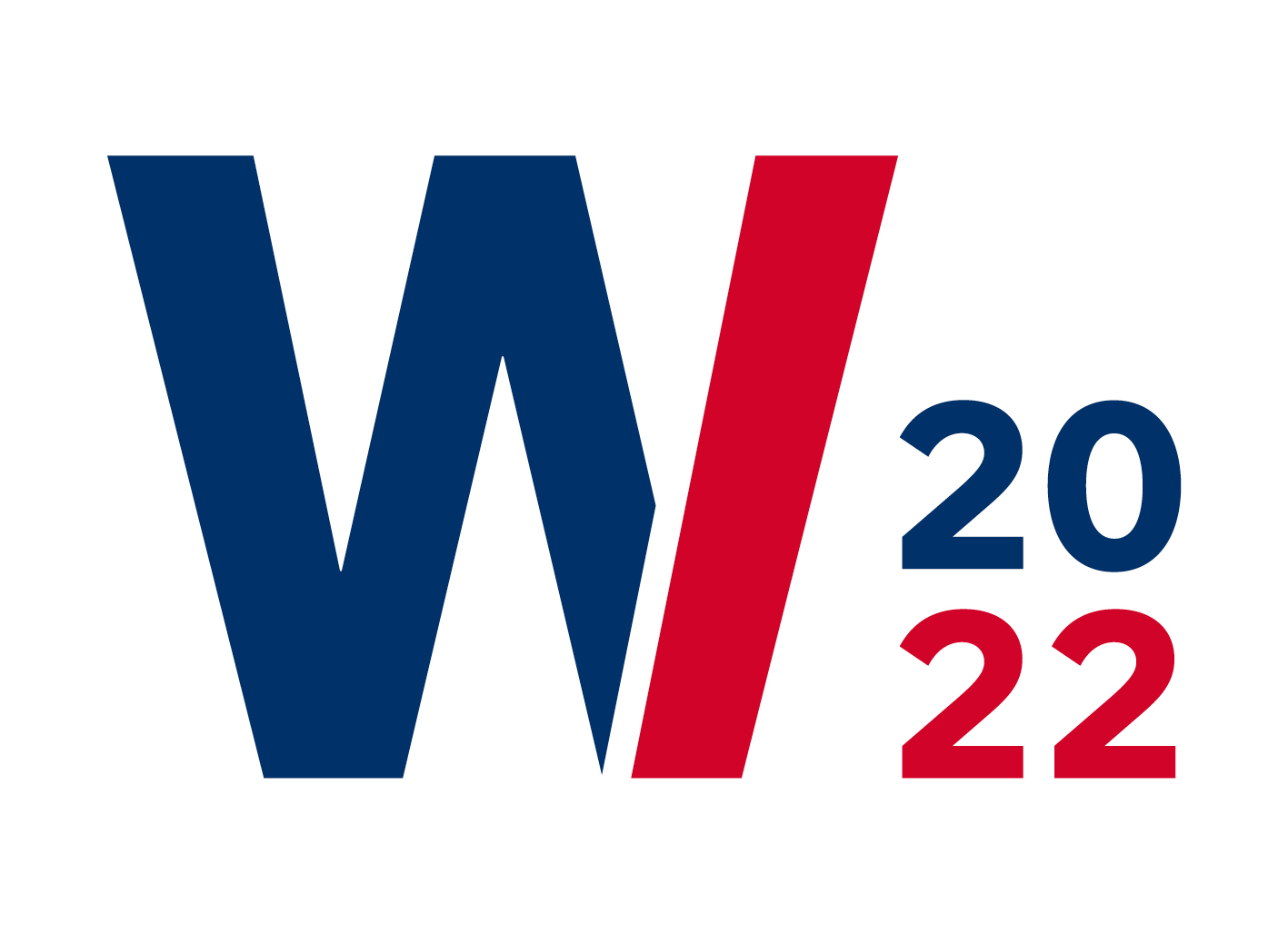Loading...
Description
Personal virtual assistants (PVAs) are demanded to effectively fulfil and support employee’s tasks in organizations. Today, PVAs are mainly trusted to take over simple administrative tasks, thus, limiting their potential long-term impact on employees and entire organizations. To overcome this shortcoming, we introduce the pragmatic perspective of the Economics of Conventions (EC) to analyze and understand employees’ plural motives and behaviors that may explain sustained or fragmented potential PVA use in organizations, especially taking the organizational challenge of ambidexterity into account. In doing so, we provide a deepened understanding of PVAs’ capabilities and give propositions for their organizational implementation and use. We also offer new avenues for future research by calling for a more holistic theoretical foundation of organizational artificial intelligence solutions that consider and represent organizations and their employees in their complexity, respectively their plural orders of worth.
Recommended Citation
Hornung, Olivia; Ebner, Katharina; Kappler, Karolin; and Smolnik, Stefan, "Ambidexterity Through the Lens of Conventions? A Qualitative Study on Personal Virtual Assistants" (2022). Wirtschaftsinformatik 2022 Proceedings. 7.
https://aisel.aisnet.org/wi2022/hci/hci/7
Ambidexterity Through the Lens of Conventions? A Qualitative Study on Personal Virtual Assistants
Personal virtual assistants (PVAs) are demanded to effectively fulfil and support employee’s tasks in organizations. Today, PVAs are mainly trusted to take over simple administrative tasks, thus, limiting their potential long-term impact on employees and entire organizations. To overcome this shortcoming, we introduce the pragmatic perspective of the Economics of Conventions (EC) to analyze and understand employees’ plural motives and behaviors that may explain sustained or fragmented potential PVA use in organizations, especially taking the organizational challenge of ambidexterity into account. In doing so, we provide a deepened understanding of PVAs’ capabilities and give propositions for their organizational implementation and use. We also offer new avenues for future research by calling for a more holistic theoretical foundation of organizational artificial intelligence solutions that consider and represent organizations and their employees in their complexity, respectively their plural orders of worth.


